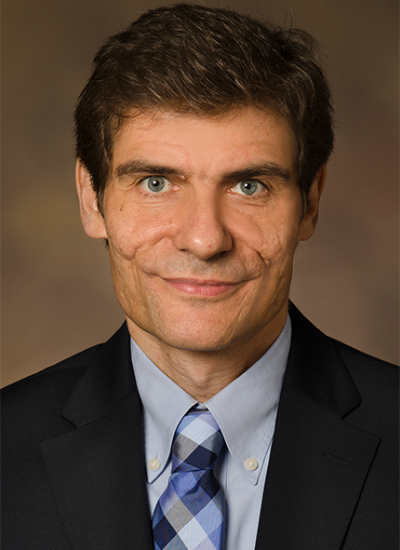Benet, M., others, ., Guerra, S., others, ., & Anto, J. M. (2017). Integrating clinical and epidemiological data on allergic diseases across birth cohorts: the MeDALL harmonisation study. International Journal of Epidemiology.
Diaz, A., others, ., Guerra, S., others, ., & Washko, D. (2017). Differences in respiratory symptoms and lung structure between Hispanic and non-Hispanic white smokers: a comparative study. COPD, Journal of the COPD Foundation.
Kubesch, N., De Nazelle, A., Guerra, S., Westerdahl, D., Martinez, D., Bouso, L., Carrasco-Turigas, G., Hoffmann, B., & Nieuwenhuijsen, M. J. (2015). Arterial blood pressure responses to short-term exposure to low and high traffic-related air pollution with and without moderate physical activity. European journal of preventive cardiology, 22(5), 548-57.
Short-term exposure to traffic-related air pollution (TRAP) has been associated with adverse cardiovascular outcomes. Physical activity (PA) in polluted air may increase pollutant uptake and increase these effects.
Lombardi, E., Stern, D., Sherrill, D., Morgan, W., Wright, A., Garcia-Aymerich, J., Serra Pons, I., Guerra, S., & Martinez, F. (2017). Peak flow variability in childhood and body mass index in adult life. Journal of Allergy and Clinical Immunology.
Vasquez, M. M., Hu, C., Roe, D. J., Halonen, M., & Guerra, S. (2017). Measurement error correction in the least absolute shrinkage and selection operator model when validation data are available. Statistical methods in medical research, 962280217734241.
BIO5 Collaborators
Stefano Guerra, Chengcheng Hu
Measurement of serum biomarkers by multiplex assays may be more variable as compared to single biomarker assays. Measurement error in these data may bias parameter estimates in regression analysis, which could mask true associations of serum biomarkers with an outcome. The Least Absolute Shrinkage and Selection Operator (LASSO) can be used for variable selection in these high-dimensional data. Furthermore, when the distribution of measurement error is assumed to be known or estimated with replication data, a simple measurement error correction method can be applied to the LASSO method. However, in practice the distribution of the measurement error is unknown and is expensive to estimate through replication both in monetary cost and need for greater amount of sample which is often limited in quantity. We adapt an existing bias correction approach by estimating the measurement error using validation data in which a subset of serum biomarkers are re-measured on a random subset of the study sample. We evaluate this method using simulated data and data from the Tucson Epidemiological Study of Airway Obstructive Disease (TESAOD). We show that the bias in parameter estimation is reduced and variable selection is improved.


